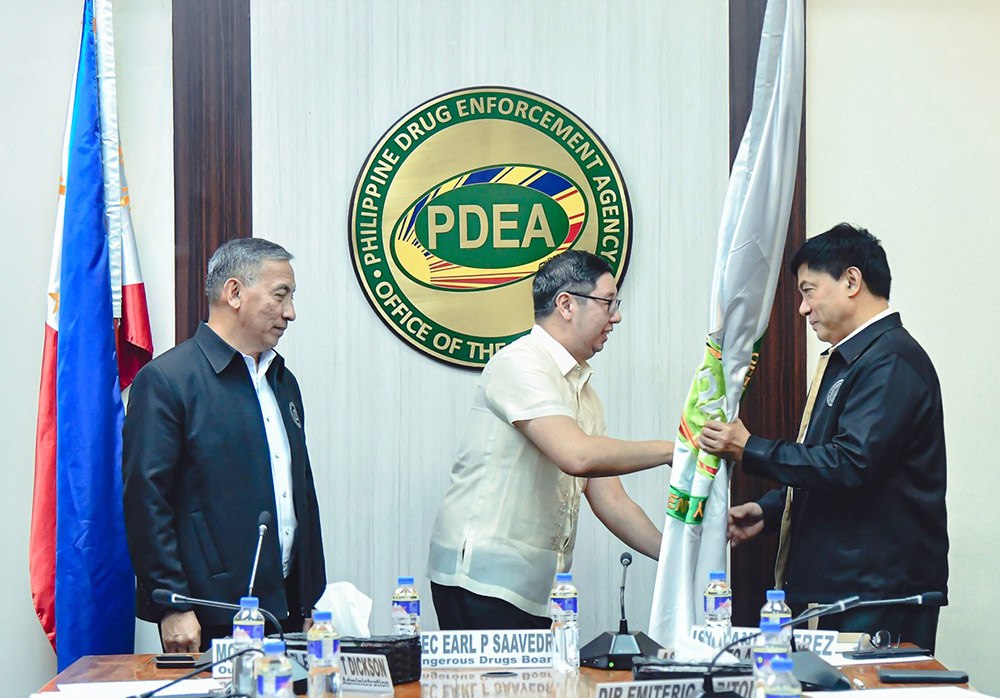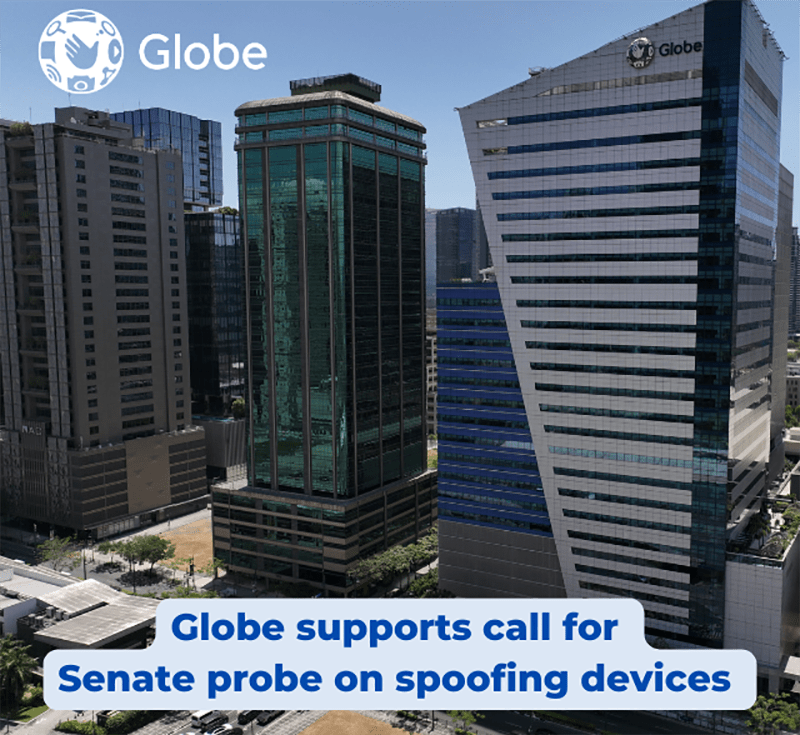Globe intensifies fight against online child exploitation with NPI content blocking
NCRGlobe continues to reinforce its commitment to online safety by blocking non-photographic imagery (NPI) depicting child sexual abuse, including content generated through artificial intelligence (AI), computer-generated imagery (CGI), animation, and other non-live methods. From August 27, 2024, when Globe initiated NPI blocking, until December 31, Globe has restricted access to 374 URLs and 13 domains showing AI, CGI and other non-live child sexual abuse imagery flagged by its partner, the Internet Watch Foundation (IWF). The IWF has been leading the fight against child sexual abuse material, warning that exposure to such content—even in CGI or cartoon form—can cause significant harm to viewers and is illegal in many jurisdictions. The organization stresses that even accidental viewing of this material can have lasting psychological effects. “Our dedication to online safety drives us to proactively detect and block harmful content, ensuring children are protected from sexual exploitation and other digital threats. Through advanced filtering technologies, we strive to maintain a safer and more secure online space for all,” said Atty. Irish Krystle Salandanan-Almeida, Globe’s Chief Privacy Officer. Globe has invested over USD 2.7 million in advanced content filtering technologies to detect and prevent access to illegal content. This is aligned with the Anti-Child Pornography Act of 2009 (Republic Act 9775), which requires internet service providers (ISPs) to implement technologies that prevent access to and transmission of child sexual abuse and exploitation materials. Globe’s initiative to block NPI is part of its long-standing sustainability campaign, #MakeITSafePH, which actively raises awareness and educates users on online safety while equipping them with essential tools to navigate the digital world securely. Other than NPI, Globe blocked 3,096 domains containing child sexual abuse and exploitation materials from January to December 2024.
















